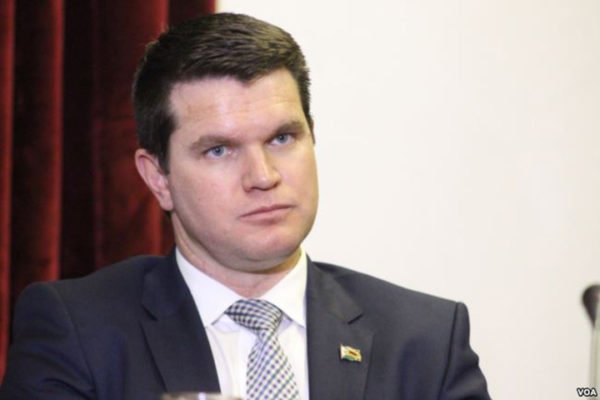After uncovering the Mukuyu gasfield in Zimbabwe’s Cabora Bassa basin, Invictus Energy anticipates more finds in the region. With rising energy demands locally and globally, the company is poised to capitalize on opportunities.
The basin was previously explored by oil and gas corporation Mobil Oil in the 1990s, however, no drilling was conducted, says Invictus Energy MD Scott Macmillan.
Based on the two-dimensional seismic data Mobile provided, Invictus, using modern technology, identified the Mukuyu gas prospect, as well as other targets, thereby enabling Invictus to refine its initial target area for its first drilling campaign, which was conducted in 2021/22.
Invictus has since confirmed two discoveries off the back of a second drilling campaign conducted late last year and has identified further prospects in the basin, which the company is aiming to explore, in addition to further appraisal of Mukuyu to prove a larger resource and reserves base from Mukuyu.
Prior to drilling, Invictus deployed new generation wireless node technology for its infill seismic surveys to provide better definition over the Mukuyu structure and refine the drilling location for the first well. The node receivers are quicker to deploy, and provide higher quality and data density, while having a lower environmental footprint.
The survey was conducted in partnership with seismic company Polaris Natural Resources, which has undertaken over 1 000 seismic projects and introduced the first ‘low impact seismic crew’ into Africa in 2008, Macmillan explains.
Zimbabwe’s energy demand is steadily increasing and has not been met by new supply, which has curtailed economic growth as it impacts on industrialisation.
Currently, a significant proportion of the power generated in Zimbabwe is from hydroelectric plants, which can be affected by low rainfall and, thus, limit the power produced, says Macmillan.
He asserts that natural gas can play a significant part in Zimbabwe’s future energy mix by allowing for the development of a reliable, consistent and affordable baseload power generating system.
Following an agreement with the Sovereign Wealth Fund of Zimbabwe, in August 2022, Invictus was able to increase the licence area of the Cabora Bassa basin project from about 101 171 ha to 360 000 ha.
Commercialisation
Having declared dual discoveries in December 2023, Invictus set about detailed testing and analysis of multiple gas condensate samples successfully retrieved to the surface from Mukuyu.
“Initial results received in early March 2024 indicate a very high quality gas, with negligible impurities, which means natural gas extracted from the reservoir will require minimal processing,” Macmillan says.
He notes that Zimbabwe – a landlocked country – has presented some challenges when evaluating commercialisation options.
“Gas can be difficult to monetise because it requires pipeline infrastructure to transport it to the end-user.”
In this regard, the Southern African Power Pool (SAPP) – an agreement between 12 Southern African Development Community countries through their respective electric power utilities to facilitate crossborder electricity trading – presents an opportunity for Invictus to explore gas-to-power options, the products of which can be exported to SAPP offtakers without the need to build significant pipeline infrastructure.
“Our project is located less than 100 km away from three major interconnectors into the SAPP . . . [enabling us] to monetise large-scale gas into the electricity network and then export that over a wide region.”
Discussing short-term commercialisation options, Macmillan says Invictus has started liaising with potential customers. The company is also working towards monetising early pilot-stage production, which it hopes to start in the next 12 to 18 months, following initial well testing.
The pilot-stage production aims to demonstrate an early-stage market for gas and generate revenue before the full field development starts.
Challenges
As a junior explorer, Invictus’ primary challenge is securing funding, Macmillan says, elaborating that the oil and gas exploration industry is quite capital-intensive and high-risk – challenges that have been compounded by the project being in a frontier basin.
However, he enthuses that the company has been fortunate to have the full support of its shareholders throughout the project thus far, as well as in the post-discovery phase of development. Invictus can now evaluate alternative forms of financing.
MiningWeekly


